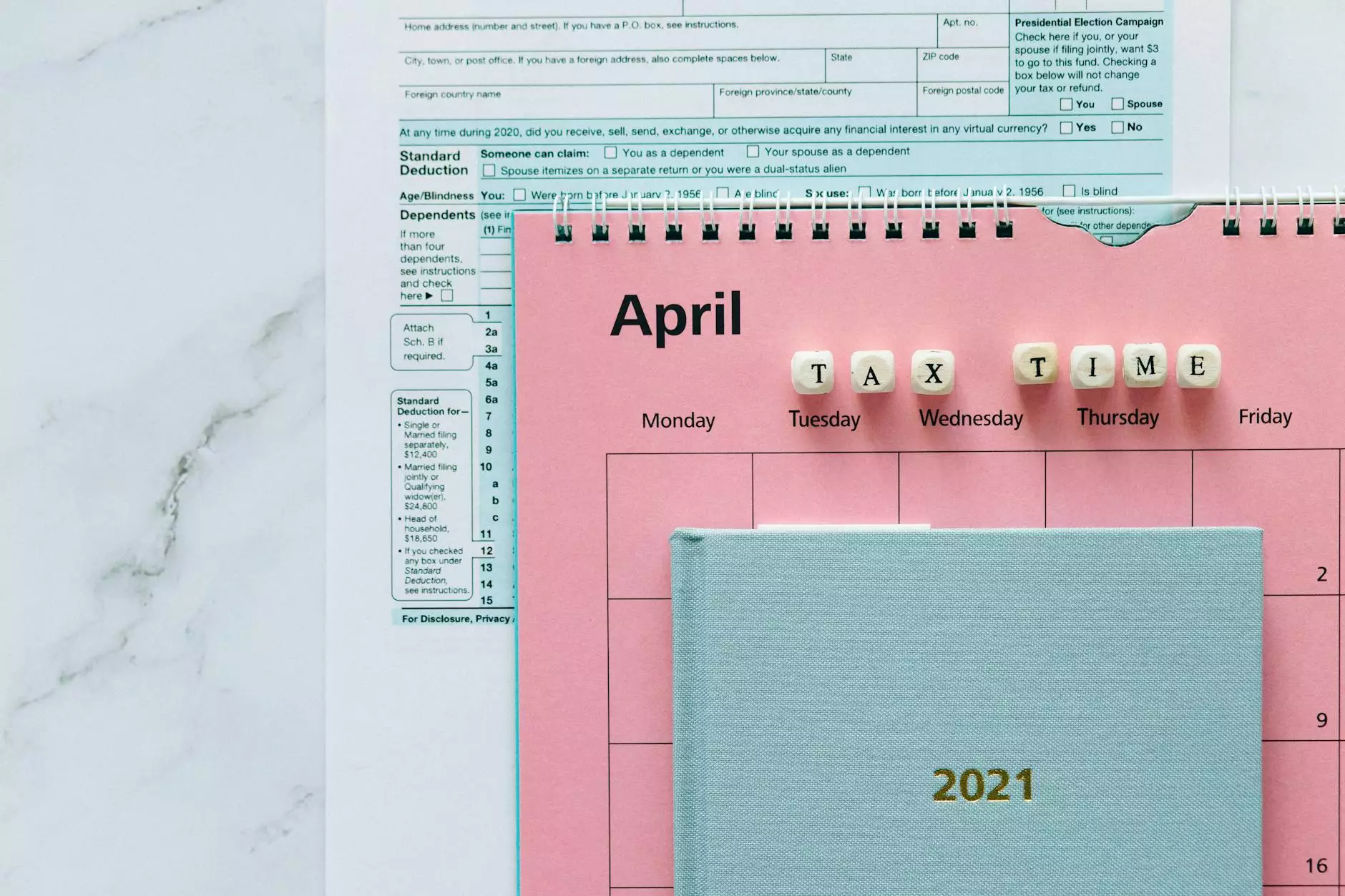How Long Should You Keep Your Tax Returns?

Understanding the importance of tax return archiving is essential for any taxpayer. Knowing how long you should keep your tax returns can save you from potential audits and provide peace of mind regarding your financial record-keeping.
The Significance of Retaining Your Tax Returns
Your tax returns serve as vital documents that reflect your financial activities for a given year. They play a crucial role during audits, loan applications, and even when applying for government benefits. Keeping these documents organized can lead to better financial management.
Moreover, tax laws can be complicated, and sometimes you may need to refer back to previous filings for various reasons. Thus, it becomes imperative to ensure that you not only keep your tax returns but also know how long you should keep your tax returns for reference.
Guidelines from the IRS
The Internal Revenue Service (IRS) provides clear guidelines on how long individuals and businesses should retain their tax returns:
- Three Years: Generally, you should keep your tax returns for at least three years from the date you filed the return or the due date (whichever is later).
- Six Years: If you underreported your income by 25% or more, the IRS recommends keeping your returns for at least six years.
- Seven Years: If you claim a loss from worthless securities or a bad debt deduction, the IRS suggests keeping your returns for seven years.
- Indefinitely: If you do not file a return, or if you file a fraudulent return, keep your records indefinitely.
- Property Records: Keep records related to property until the statute of limitations runs out for that property.
Understanding the Reasons for Retention
1. Audit Protection
One of the primary reasons for keeping tax returns is to afford yourself some level of protection during an IRS audit. Should the IRS decide to audit you, having easy access to previous returns will help clarify your financial history and defend your claims.
2. Loan Applications
When applying for loans, banks often ask for the last couple of years of tax returns. This is to verify your income and assess your creditworthiness. Therefore, keeping your returns for the required period can facilitate smoother loan processes.
3. Financial Planning and Budgeting
Your tax returns are great tools for financial planning and budgeting. Analyzing your past returns can provide insights into harmful spending patterns and inform your future financial decisions.
4. Estate Planning
For anyone considering estate planning, retaining tax documents is key to understanding how your assets will be assessed and managed after your passing.
Practical Tips for Organizing Tax Returns
1. Create a Filing System
Creating a structured filing system is essential for keeping your tax documents organized. Use folders or binders labeled by year so you can easily locate documents when needed.
2. Go Digital
Consider scanning paper documents and storing them in a cloud storage system. This not only protects your files from physical damage but also ensures easy access from any device.
3. Use Tax Software
Many commercial tax preparation services allow you to store copies of your tax returns electronically. This can make it easier to access your returns from previous years.
4. Review Annually
Each year during tax season, review your tax documents and determine which documents you still need to keep and which can be disposed of securely.
What to Do with Old Tax Returns
Once you determine that a tax return or related document is no longer required, it's crucial to dispose of it securely. Shredding old documents is advisable to protect your personal information from identity theft.
Special Situations: When to Keep Records Longer
There are special circumstances where you might want to keep your tax returns for longer than the general recommendations:
- If you own a business, consider keeping tax returns for an extended period because business audits can arise for any number of reasons.
- Real estate transactions can also require longer retention of documents, especially if you claimed depreciation or capital improvements.
Conclusion: The Bottom Line on Tax Return Retention
In summary, understanding how long you should keep your tax returns is a vital piece of financial literacy. The basic rule of thumb is to keep them for at least three years, but certain circumstances may necessitate a longer retention period. By organizing your returns and maintaining a clear filing system, you can avoid future headaches and enjoy more financial clarity.
Your financial future matters, and being knowledgeable about tax return retention should be part of your broader financial strategy. Should you have further questions or need personalized assistance, consider reaching out to a reliable provider of financial services, accountants, or tax services like Tax Accountant ID.
Remember, an informed taxpayer is an empowered taxpayer!
how long should you keep your tax returns


